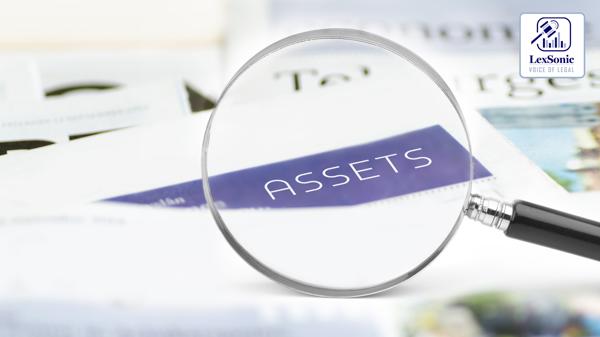Bombay High Court Intervenes: Bank Held to its Promise in Loan Settlement Dispute.
09 April 2025
Banking Law >> Business & Commercial Law | Sarfaesi >> Corporate Law
The case revolves around a loan sanctioned in 2015 to a partnership firm, Vardhaman Enterprise, where the petitioners, Urmiladevi (62 years old) and Pannalal (97 years old), held a 40% share alongside the remaining partner, Renudevi (60%). Following the firm's account being declared a Non-Performing Asset (NPA) in October 2019, the respondent bank, referred to as ‘Respondent No. 1-Bank’ in the order, initiated recovery measures under the Securitisation and Reconstruction of Financial Assets and Enforcement of Security Interest Act, 2002 (SARFAESI Act).

Amidst internal disputes between the partners, the petitioners, in a letter dated July 7, 2020, offered a settlement of ?1,60,00,000/- as a full and final resolution for their liabilities. This offer explicitly stated their expectation of property release and a "no due certificate" upon payment. Crucially, the offer also mentioned the withdrawal of cases against them, including the pending Original Application.
The petitioners duly paid the agreed amount, and the bank issued "No Dues Certificates" dated July 29 and August 4, 2020, explicitly stating that "Any due in bank on behalf of both partners of Shri Pannalal M. Jain And Urmila Jain... does not remain." Registered Release Deeds for the mortgaged properties were also executed in late July and early August 2020. Following this, the petitioners sold one of the properties. Their S.A. No. 36 of 2020 was also disposed of in September 2022.
Aggrieved by this order, the petitioners initially approached the Gujarat High Court, which directed them to pursue the alternative remedy of appealing to the DRAT, Mumbai. Subsequently, the petitioners filed an appeal before DRAT, Mumbai, along with an application for waiver of the mandatory pre-deposit under Section 21 of the Recovery of Debts and Bankruptcy Act, 1993 (RDB Act).
The Mumbai High Court, after hearing arguments from both sides, strongly criticized the bank's conduct. The court noted the undisputed payment of ?1.60 crore by the petitioners under a sanctioned settlement, the issuance of no-due certificates, and the execution of release deeds. The court also highlighted the bank's contradictory stance in separate proceedings against the other partner, where it acknowledged the petitioners' settlement offer.
Relying on precedents from the Delhi High Court and a co-ordinate bench of the Mumbai High Court in similar cases, the court held that the petitioners should not be compelled to make a pre-deposit as a precondition for their appeal to be heard on its merits.
This ruling serves as a strong reminder to financial institutions to uphold their commitments made during settlement processes and underscores the judiciary's role in protecting the interests of borrowers who act in good faith based on such assurances.
Securitisation and Reconstruction of Financial Assets and Enforcement of Security Interest Act, 2002
Section 25, Indian Partnership Act - 1932
Section 45, Indian Partnership Act - 1932
Section 49, Indian Partnership Act - 1932
